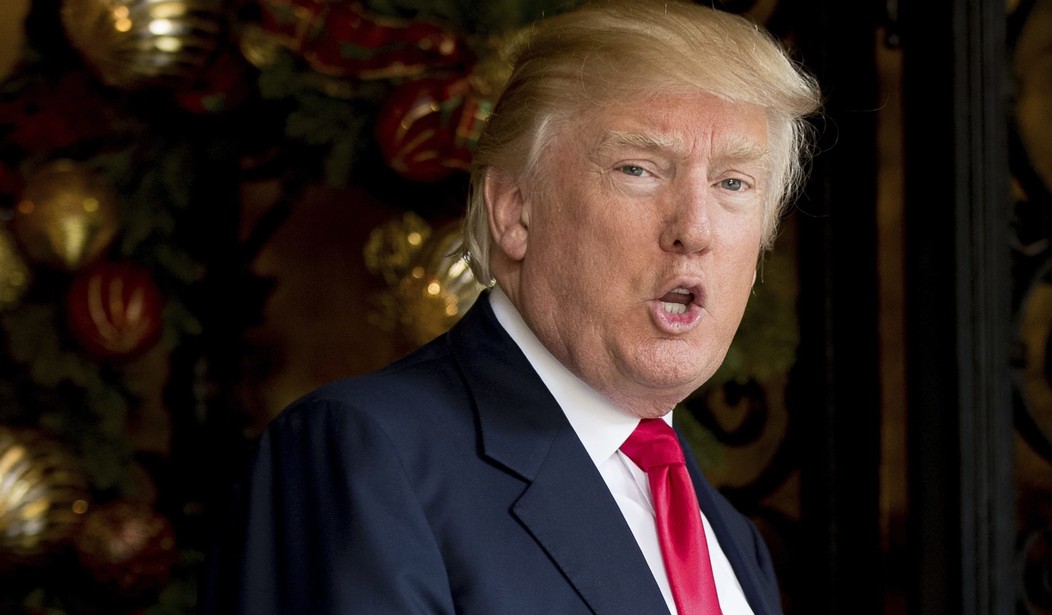President-elect Donald Trump took to Twitter Tuesday, this time questioning the veracity of approval ratings which show most Americans sour on his transition.
The same people who did the phony election polls, and were so wrong, are now doing approval rating polls. They are rigged just like before.
— Donald J. Trump (@realDonaldTrump) January 17, 2017
Thus resumes the theme of “rigging,” which seems an odd play given Trump’s definitive victory in November. While it may have made strategic sense to question the integrity of institutions during the campaign, it makes less sense to do so now. If Trump plans to make good on his promise to “make America great again,” he may grow to regret undermining the credibility of polls when they start to tilt in his favor.
Aside from the strategic concern, there’s the matter of factual reality. Were the polls leading up to the election “so wrong”? Not really. In most cases, results on Election Night fell within the margin of error in applicable polls. What’s more, many polls cited leading up to the big day failed to account for how the president actually gets elected. From The Atlantic:
National polls don’t usually show Electoral College vote counts, and don’t often maintain the granularity to make the kind of state-by-state predictions to make those projections, so their usefulness even in aggregate to forecast elections is limited. Given that electors are determined by congressional representation, that representation is only reapportioned every 10 years, and that the overall number has not increased in over 50 years, there is an increasing discrepancy between the popular vote and the actual outcome of elections, one that will make national overall polls that simulate the popular vote less relevant to predictions over time.
Add to that the fact that any probability less than 100% or more than 0% allows for the possibility of the improbable. Nate Silver’s FiveThirtyEight gave Trump a 28.6% chance to win on Election Night. That’s nearly 1 in 3. Most gamblers would kill for such odds.
Trumps response to poor approval ratings fits his modus operandi: discredit anything critical or unfavorable. It’s a strategy which worked for the president-elect during his campaign. Whether it will work for him during his actual presidency, while he strives to move his agenda through Congress, remains to be seen.









Join the conversation as a VIP Member